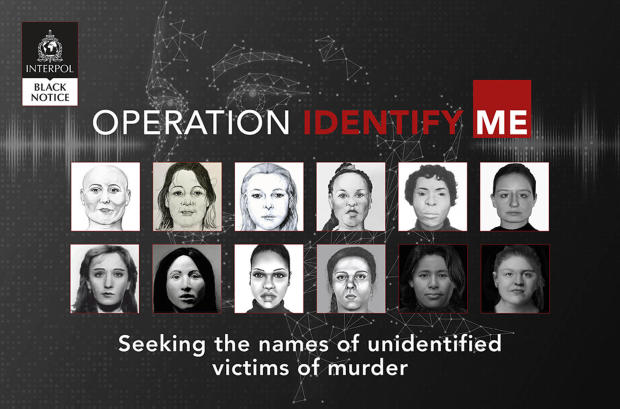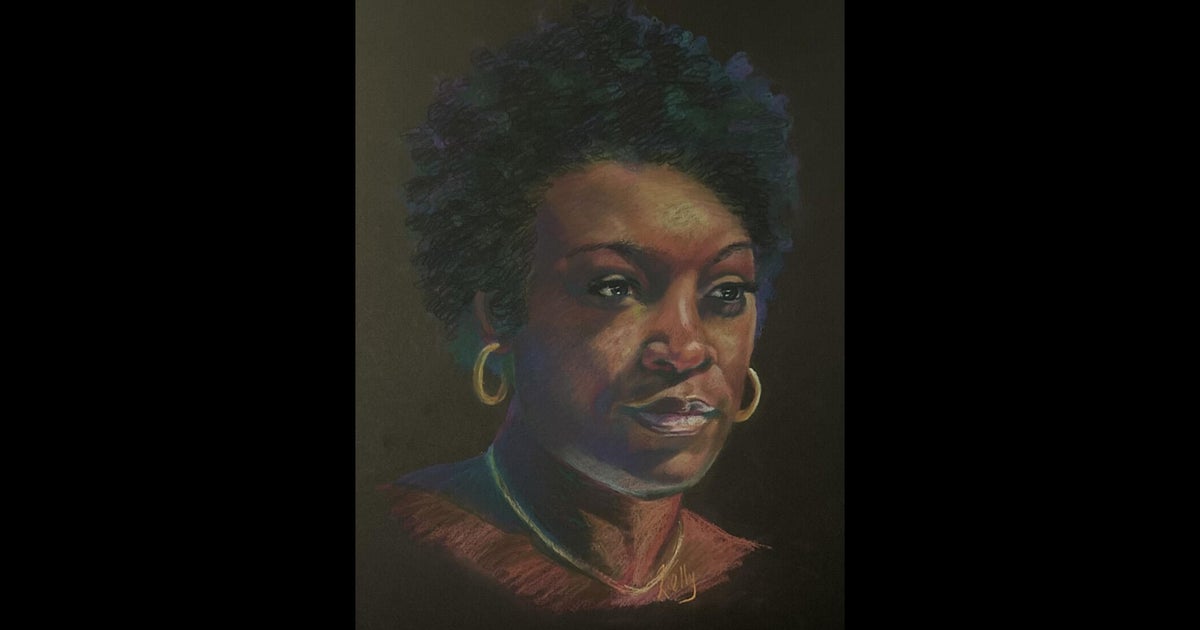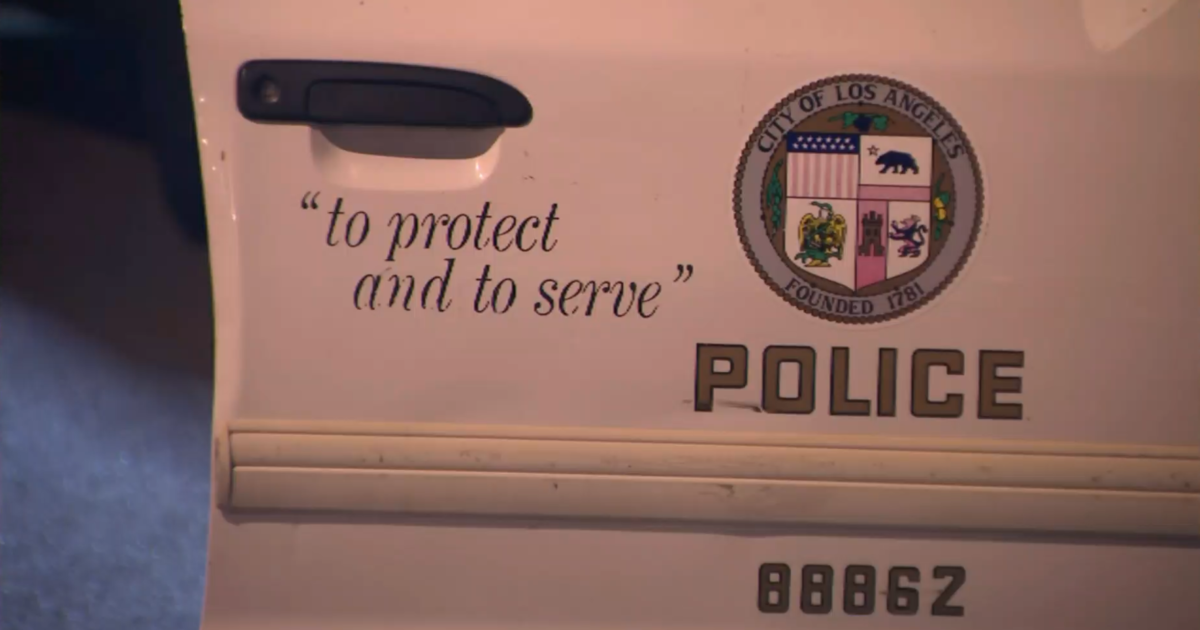Detectives seeking clues in hunt for killers of 22 unidentified women: "Don't let these girls be forgotten"
The 22 women mostly met violent deaths. Their bodies, some dismembered, were found in Germany, Belgium and the Netherlands over a span of 43 years — the most recent in 2019. Police say some showed signs of abuse or starvation.
But who they were is unknown, frustrating detectives' hunts for their killers.
Police hope that may change with the launch Wednesday of Operation Identify Me. The international appeal with Interpol is seeking public help to put names to the women. Such a breakthrough would, at a minimum, enable police to no longer have to identify the victims by their distinguishing features or apparel, such as "the woman with the flower tattoo" and "the woman with the artificial nails." Other names include the locations where their remains were discovered like "the woman in the canal" and "the woman in the suitcase."
Interpol released a video appealing for more information, featuring well-known women including Dutch actress Carice Anouk van Houten, German journalist Katrin Müller-Hohenstein and Belgian singer Axelle Red.
"Don't let these girls be forgotten," Belgian actress Veerle Baetens says at the end of the video.
The oldest of the cold cases, "the girl on the parking lot," dates back to 1976. Her body was found along the A12 highway in the Netherlands. She is believed to have been between 13 and 20 years old when she died. Interpol, the international police liaison organization based in Lyon, France, distributed black-and-white facial reconstructions of some of the victims. Hers showed a young woman with long, dark hair and bright eyes.
In a statement that quoted Dutch, German and Belgian police, Interpol said some of the women are believed to have come from Eastern Europe and that their bodies were possibly left in Belgium, the Netherlands and Germany to confound investigations.
"Most of the 22 victims died violently, and some were also abused or starved before they died," Dutch police said.
Police hope that learning their names might also provide evidence about possible perpetrators. It might also allow them to establish whether any of the cases are linked.
"In similar investigations, establishing the victim's identity ultimately has led to the arrest of a suspect," said Anja Allendorf of the German police.
Interpol is making details about each case public on its website, at www.interpol.int/IM. In addition to facial reconstructions of some of the women, it also includes images of jewelry and other items found with their remains, and contact forms for people who may have any information about the cases.
Susan Hitchin, who coordinates Interpol's DNA unit, said identifying the women could help bring closure to their family members.
"It's horrendous to go all these years without having any news, not knowing what's happened. And however dreadful it may be to get that confirmation that their loved one has died, it is part of an important process in order to grieve and to move forward," she said in a phone interview.
"Hopefully a member of the public will able to bring some new elements that the police can use that will ultimately provide the identity to these victims and ideally help lead to the perpetrator, if there is one."




